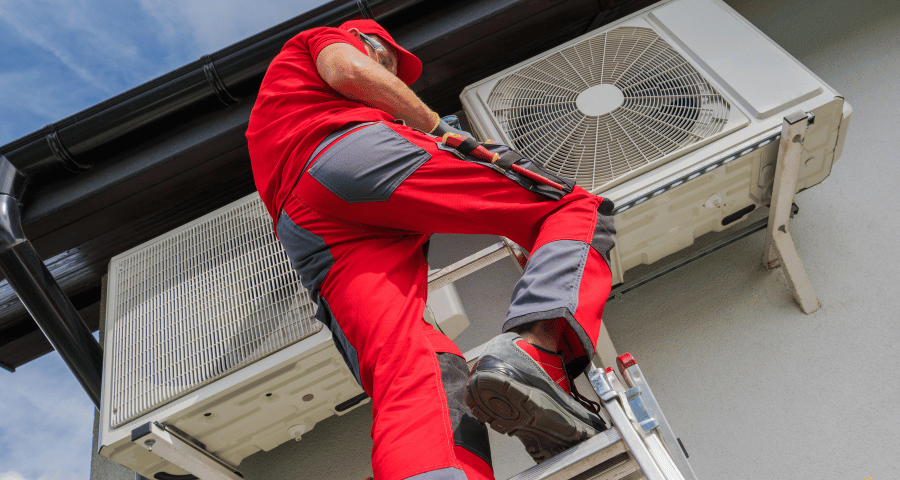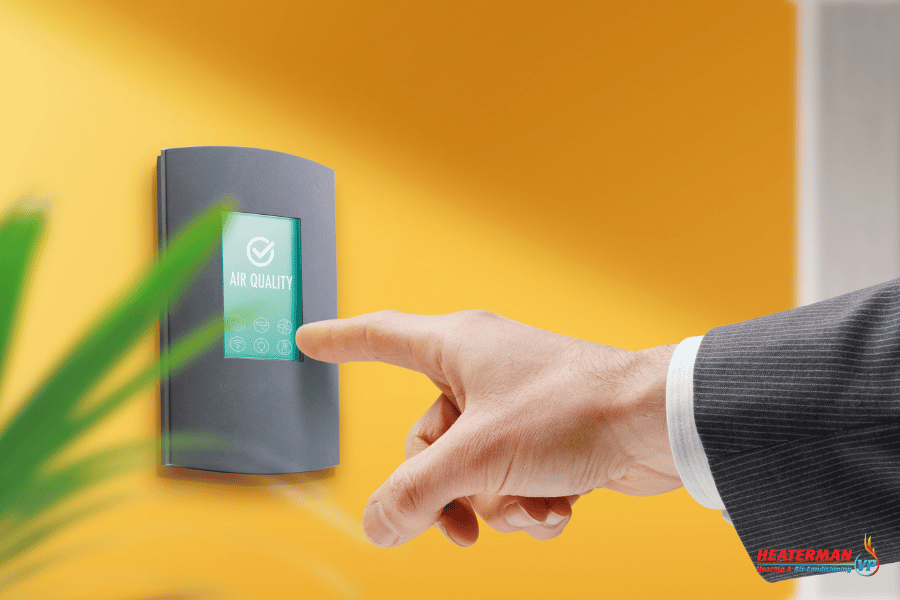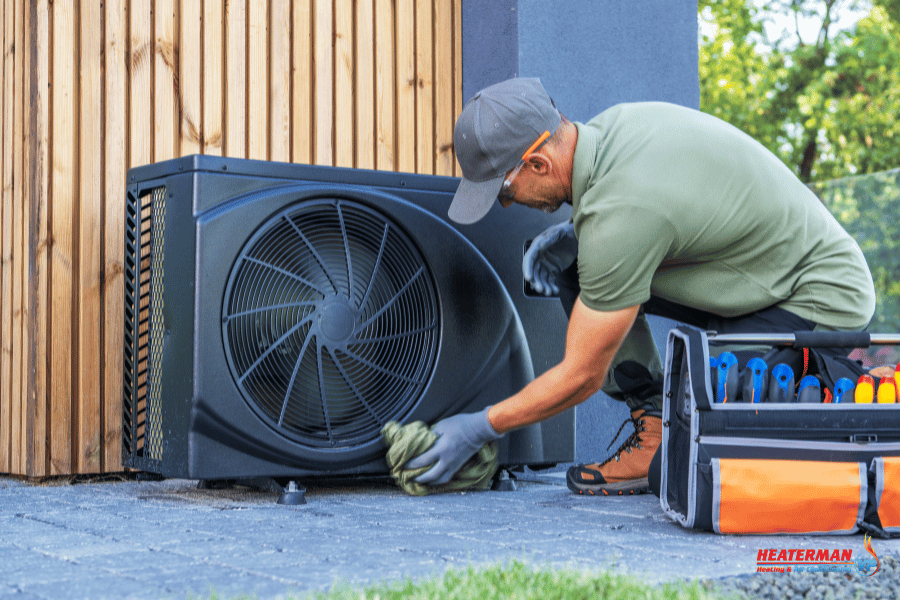
Understanding the Lifespan of HVAC Systems: What Homeowners Should Know
Every homeowner in Suffolk County depends on their HVAC system to stay comfortable year-round, but few know what to expect when it comes to how long these systems last. Whether you’re heating your home during icy winters or cooling it in the height of summer, your HVAC system plays a vital role. But just like any major appliance, it has a lifespan — and understanding that lifespan is key to getting the best performance and planning for the future.
This article explores how long HVAC systems typically last, what factors influence their longevity, and how homeowners can extend their system’s service life with smart maintenance practices.
Average Lifespan of HVAC Systems
While the term “HVAC system” is often used generally, it actually includes several different components, each with its own expected service life:
- Furnaces:
Gas or oil furnaces typically last 15 to 20 years, depending on how well they’re maintained and the quality of the unit. - Central Air Conditioners:
These tend to last 12 to 17 years on average, though coastal climates like Suffolk County can reduce that due to salt air exposure. - Heat Pumps:
Heat pumps have a shorter lifespan — usually 10 to 15 years — because they run year-round, both for heating and cooling. - Boilers:
A high-efficiency boiler can last 15 to 30 years, especially when installed and maintained properly. - Ductless Mini Splits:
Ductless systems have a typical lifespan of 15 to 20 years, offering energy-efficient zoning with less duct-related wear and tear.
Key Factors That Affect HVAC Lifespan
Several variables can either shorten or extend the life of your system. Homeowners who understand these factors can make better choices about system care and upgrades.
1. Maintenance Habits
The most influential factor in an HVAC system’s lifespan is how well it’s maintained. Systems that receive regular inspections, cleaning, and filter changes often last years longer than neglected ones.
2. Climate Conditions
Suffolk County’s coastal environment poses unique challenges. Salt air, moisture, and frequent freeze-thaw cycles can lead to faster wear on outdoor components.
3. System Size and Design
Improperly sized HVAC systems — whether too large or too small — tend to wear out more quickly. Oversized units cycle on and off frequently, leading to excess strain, while undersized units run continuously, reducing longevity.
4. Installation Quality
A system is only as good as the way it’s installed. Duct leaks, poor airflow design, and incorrect refrigerant levels can all contribute to early failure.
5. Usage Patterns
The more frequently you run your system, the faster it will accumulate wear. Homes that rely on their HVAC systems year-round may see shorter service lives, especially with heat pumps.
6. Air Quality and Ventilation
Dusty, humid, or polluted indoor environments can clog filters, burden motors, and lead to premature component failure. Good ventilation and filtration improve system health.
Signs Your HVAC System May Be Nearing the End
While some system failures come suddenly, many show signs of decline long before they stop working altogether. Here’s what to look for:
- Rising energy bills despite no change in usage
- Frequent repairs or parts needing replacement
- Uneven heating or cooling throughout the home
- Strange noises, including rattling, buzzing, or whistling
- Short cycling, where the system turns on and off too frequently
- Persistent humidity issues or poor air quality
If your system is more than 12–15 years old and showing one or more of these symptoms, it may be time to consider whether replacement is more cost-effective than continued repairs.
Tips to Extend the Life of Your HVAC System
Smart homeowners know that small actions can lead to major savings over time. These steps can help extend your HVAC system’s service life:
Schedule Preventive Maintenance Annually
Having your HVAC system inspected and cleaned at least once a year keeps it running efficiently and can catch small problems before they become costly.
Change Air Filters Regularly
Most systems require filter changes every 1 to 3 months, depending on the type of filter and your indoor environment. Clean filters reduce strain on the blower motor and improve air quality.
Keep Outdoor Units Clear
Remove leaves, twigs, and debris from around your outdoor AC or heat pump unit. Keep at least two feet of clearance to ensure proper airflow.
Seal and Insulate Ductwork
Leaky or poorly insulated ducts can waste energy and overwork your system. Sealing duct leaks can improve performance and efficiency.
Install a Smart Thermostat
Smart thermostats reduce system wear by optimizing temperature control based on your schedule, helping you use your HVAC only when needed.
Address Repairs Promptly
Ignoring minor issues like rattling or inconsistent airflow often leads to more serious breakdowns. Prompt repair can reduce long-term wear and tear.
When to Replace Instead of Repair
At some point, repair costs begin to outweigh the benefits — especially as systems lose efficiency and reliability with age. Consider replacement if:
- Your system is over 15 years old
- You're spending $500+ per year in repairs
- Efficiency ratings are outdated (e.g., SEER below 13)
- You notice inconsistent temperatures and comfort issues
- You're planning a home renovation that impacts ductwork or layout
Modern HVAC systems are significantly more energy-efficient than older models. Upgrading can reduce monthly energy bills and improve indoor comfort — even if your current system technically still “works.”
HVAC systems are one of the most important — and expensive — investments homeowners make. By understanding their average lifespan and the many factors that influence it, you can take better care of your equipment, avoid unexpected breakdowns, and plan confidently for future upgrades.
Homeowners in Suffolk County benefit from staying proactive. Whether you live near the shore or further inland, your climate, maintenance habits, and daily use patterns all play a role in how long your system lasts. And while no HVAC system lasts forever, a well-maintained one can serve you reliably for years to come.
Concerned your system is aging out?
If your HVAC system is approaching the end of its lifespan, don’t wait for a breakdown. Visit our Emergency HVAC Services in Suffolk County page to learn how we can help with fast repairs and replacements — available 24/7.




